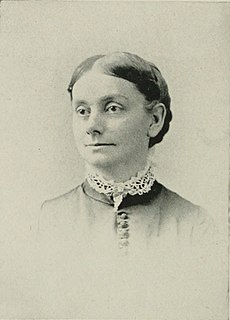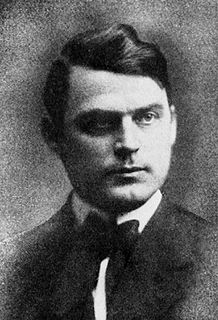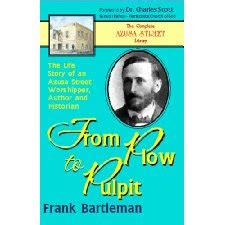A Quote by Jean Vanier
We don’t know what to do with our own pain, so what to do with the pain of others? We don’t know what to do with our own weakness except hide it or pretend it doesn’t exist. So how can we welcome fully the weakness of another if we haven’t welcomed our own weakness?
Related Quotes
We have learned that terrorist attacks are not caused by the use of strength; they are invited by the perception of weakness. And the surest way to avoid attacks on our own people is to engage the enemy where he lives and plans. We are fighting that enemy in Iraq and Afghanistan today so that we do not meet him again on our own streets, in our own cities.
God does not need your strength: he has more than enough of power of his own. He asks your weakness: he has none of that himself, and he is longing, therefore, to take your weakness, and use it as the instrument in his own mighty hand. Will you not yield your weakness to him, and receive his strength?







































